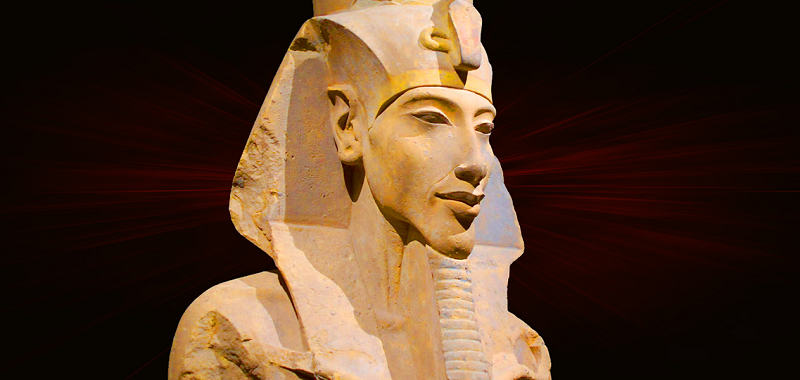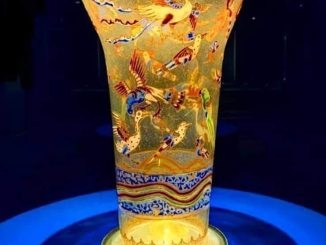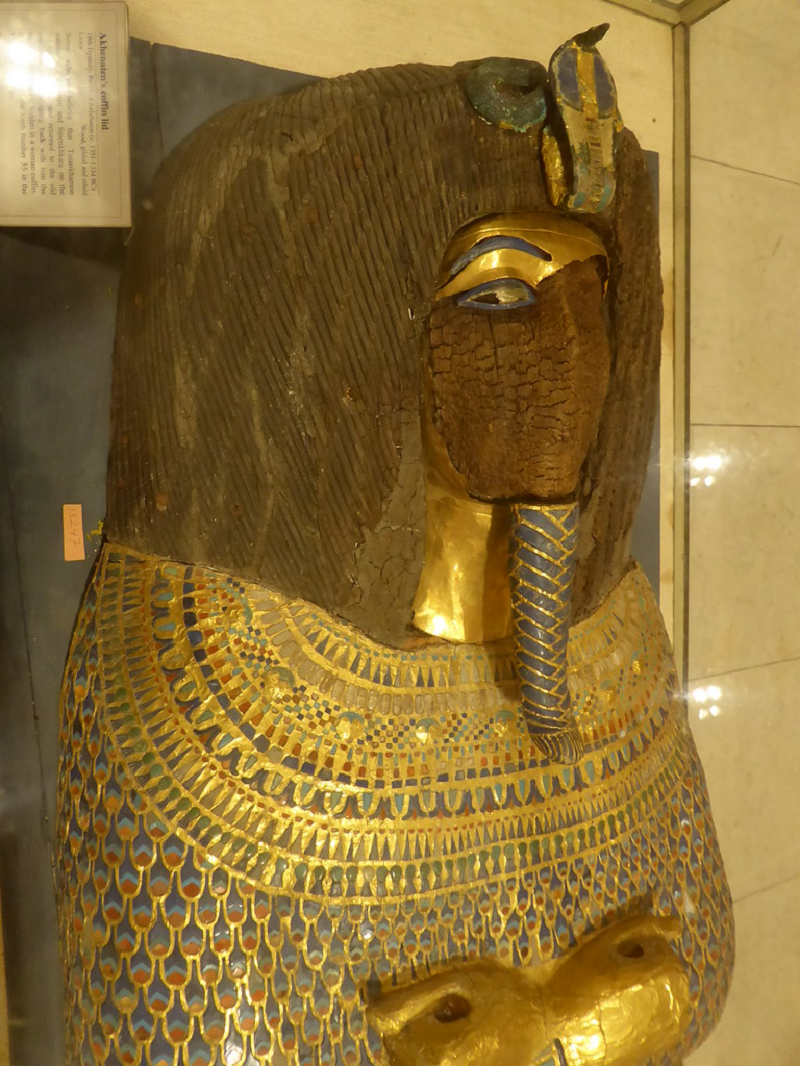 In the annals of ancient Egyptian history, few figures loom as large or as enigmatic as King Akhenaten. Often referred to as the “Heretic Pharaoh,” Akhenaten’s reign marked a pivotal point in Egypt’s history, characterized by radical religious reforms and a departure from traditional norms. His legacy continues to intrigue historians, archaeologists, and enthusiasts alike, offering a fascinating glimpse into a tumultuous era of cultural upheaval and transformation.
In the annals of ancient Egyptian history, few figures loom as large or as enigmatic as King Akhenaten. Often referred to as the “Heretic Pharaoh,” Akhenaten’s reign marked a pivotal point in Egypt’s history, characterized by radical religious reforms and a departure from traditional norms. His legacy continues to intrigue historians, archaeologists, and enthusiasts alike, offering a fascinating glimpse into a tumultuous era of cultural upheaval and transformation.

The Rise of Akhenaten
Akhenaten ascended to the throne around 1353 BCE, succeeding his father, Amenhotep III. Initially known as Amenhotep IV, he soon made a profound shift by rejecting the polytheistic beliefs that had long defined Egyptian religion. Instead, he established the worship of Aten, the sun disc, as the sole deity. This marked a revolutionary departure from the traditional pantheon of gods and goddesses worshipped by his predecessors, earning him the title of the “Sun King.”
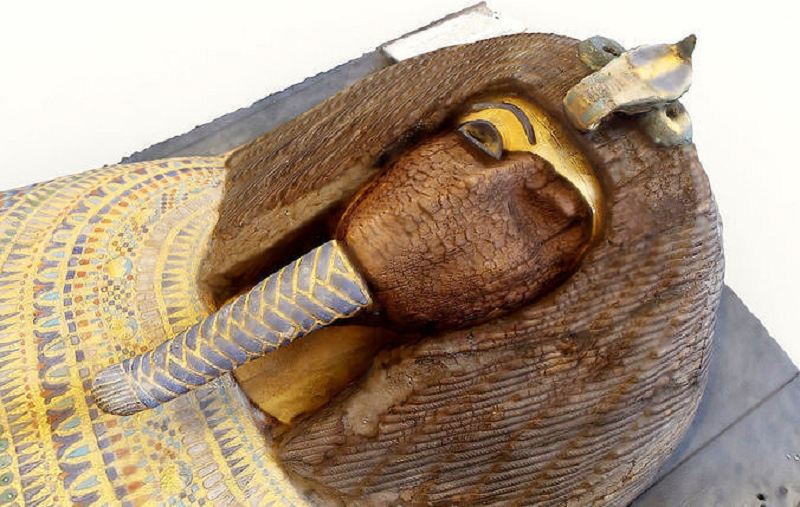
The Aten Cult and Amarna Period
Under Akhenaten’s rule, the capital of Egypt was relocated to a new city known as Akhenaten, modern-day Amarna, dedicated to the worship of Aten. This period, often referred to as the Amarna Period, witnessed a flourishing of artistic expression characterized by a departure from established artistic conventions. Depiction of Akhenaten and his family exhibited a newfound naturalism, with elongated features and exaggerated forms, reflecting the pharaoh’s religious fervor and personal beliefs.
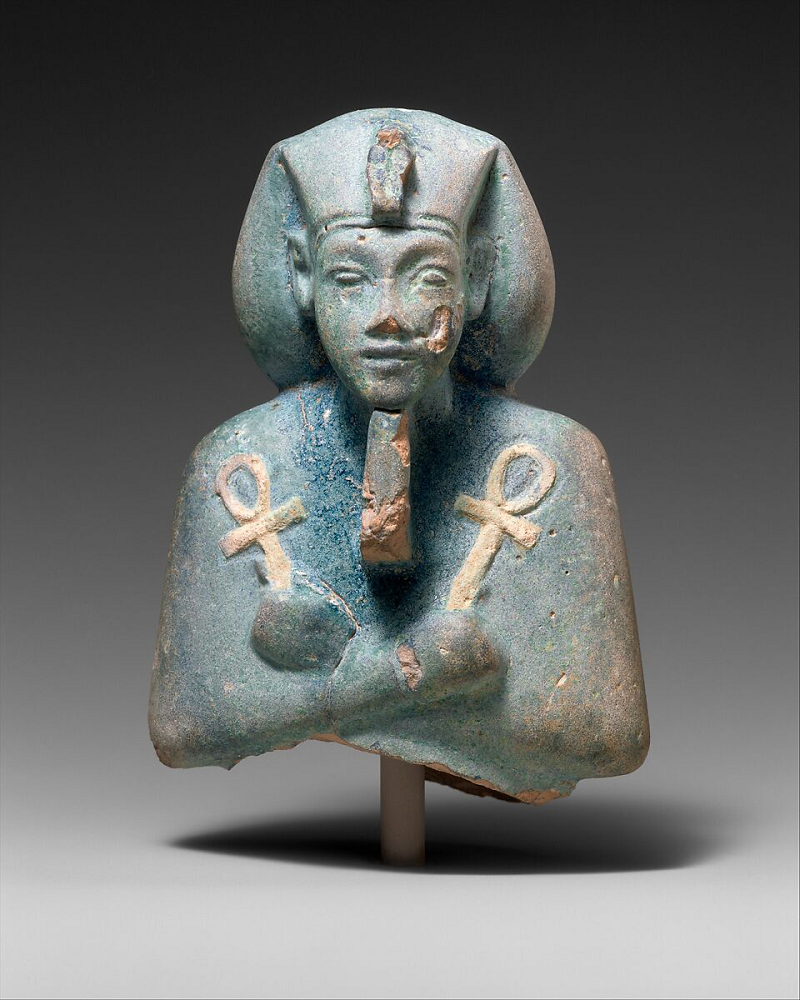
The Decline and Legacy
Despite his efforts to reshape Egyptian society, Akhenaten’s reign was not without challenges. The abrupt shift in religious practices alienated powerful priests and officials, while his focus on Atenism led to neglect of other deities and temples. After his death, his reforms were swiftly reversed, and his memory was vilified by later rulers seeking to erase his legacy. Yet, Akhenaten’s reign remains a subject of fascination and debate, offering insights into the complexities of ancient Egyptian society and the power of religious ideology.
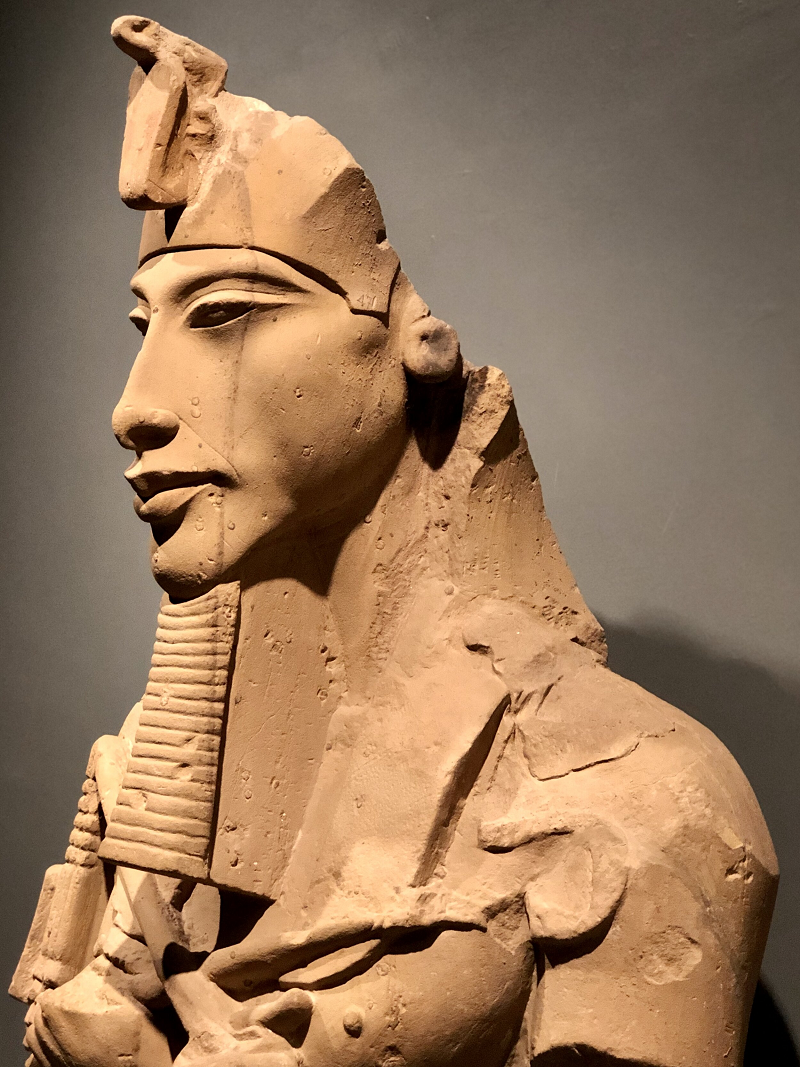
Ancient Egyptian Civilization
Beyond the enigma of Akhenaten lies the enduring legacy of ancient Egyptian civilization. Spanning millennia, from the presentation period to the conquest of Alexander the Great, Egypt’s history is a tapestry woven with tales of pharaohs, pyramids, and timeless wonders. From the architectural marvels of the Giza Plateau to the intricacies of hieroglyphic script, the achievements of ancient Egypt continue to captivate the imagination of people worldwide.
A small review
King Akhenaten, the enigmatic pharaoh of ancient Egypt, continues to fascinate scholars and enthusiasts alike. Renowned for his radical religious reforms, Akhenaten’s reign marked a pivotal moment in Egyptian history. Despite facing challenges and subsequent vilification by later rulers, his legacy endures as a testament to the power of individual vision and the complexities of ancient society.
Akhenaten’s rise to power and establishment of Atenism, the worship of the sun disc Aten as the sole deity, represented a dramatic departure from Egypt’s traditional polytheistic beliefs. The relocation of the capital to Amarna and the flourishing of art during the Amarna Period reflect the pharaoh’s fervent devotion to his religious convictions. However, his reforms also sparked opposition from powerful priests and officials, ultimately leading to their reversal after his death.
Despite the efforts to erase his memory, Akhenaten’s reign continues to captivate the imagination, offering insights into the intricacies of ancient Egyptian society and the dynamics of power and religion. Beyond the figure of Akhenaten, the enduring legacy of ancient Egypt shines through, with its architectural wonders, hieroglyphic script, and rich cultural heritage captivating people worldwide.
While Akhenaten’s reign may be shrouded in mystery and controversy, his legacy serves as a poignant reminder of the ever-evolving nature of history and the enduring allure of ancient civilizations.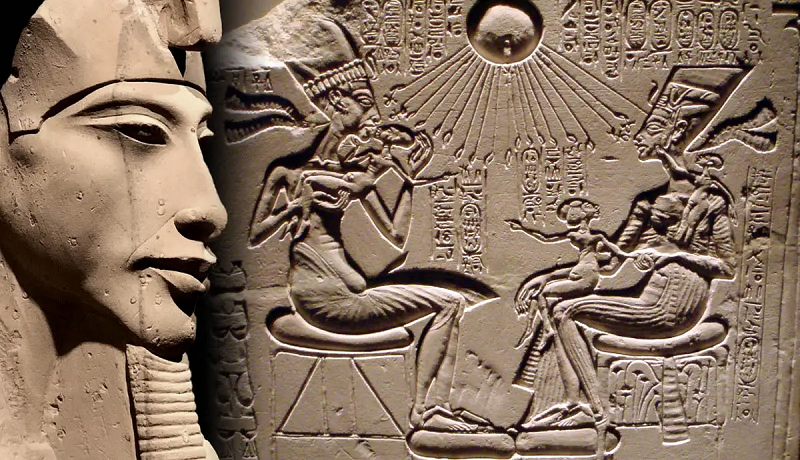
Conclusion
In the annals of history, few figures stand out as boldly as King Akhenaten, the revolutionary pharaoh who dared to challenge the status quo. His legacy, though tarnished by subsequent rulers, remains a testament to the power of individual vision and the enduring quest for spiritual truth. As we unravel the mysteries of Akhenaten’s reign, we also glimpse the timeless allure of ancient Egypt, a civilization that continues to inspire awe and fascination in the modern world.
